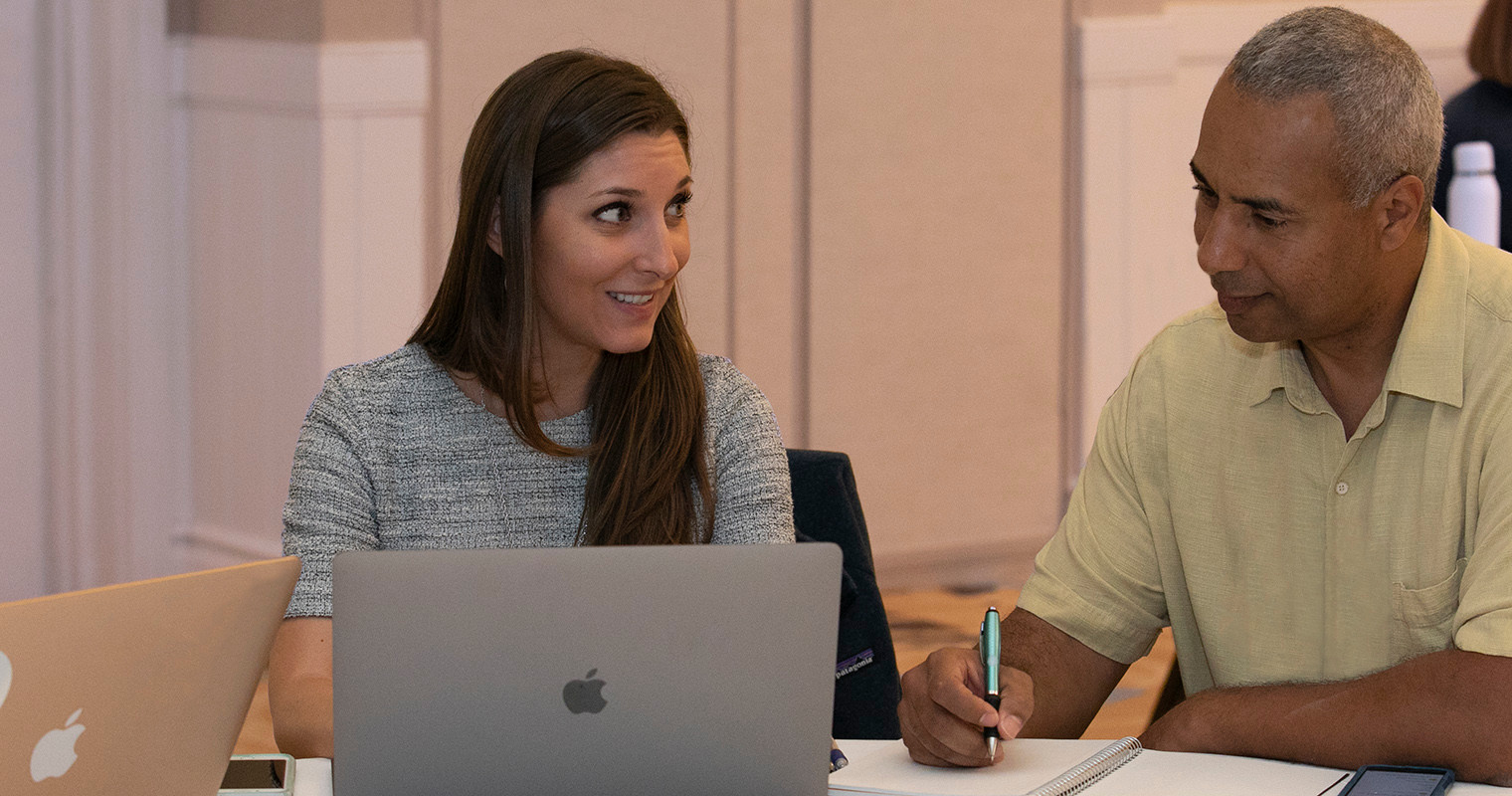
Love vs. Despise: A Tale of Two Companies
It was the best of companies, it was the worst of companies. One built something that the people loved. It poured energy into delighting customers. Eventually, it was rewarded with a great fortune. The second company disregarded people. This company was mischievous and greedy. While it succeeded in the short-term, customers and employees eventually revolted. The company lost trust, along with its great fortune.
This is not a story from a grandiose Victorian novel. It is a real-life tale about two technology companies.
The companies I am talking about are two online game companies — Minecraft and Zynga. And yes, I did dramatize the events (though I am no Charles Dickens). But the root of the story is true. Minecraft chased customer love and eventually sold to Microsoft for $2.5 billion. Zynga chased profits, disregarded customers, and earned a $1 billion valuation — only to see its users and stock price plummet a few years later.
Why bring up these two companies? It is not to criticize Zynga — I know how hard it is to build a company. Even Zynga’s CEO has admitted that he “did every horrible thing … to just get revenues right away.” He is not the only one. Many founders are blinded by get-rich-quick thinking.
No, I mention these companies because they reveal an important lesson — one that I detail in my new book Lovability. The lesson is simple: If you want to build something lasting, you need to build products that deliver customer value and that honor reality. And you need to focus on respecting people and creating real value — not company valuation.
This means getting back to the basics of business and focusing on the following:
Integrity It starts with staying true to your word. Integrity requires that you stick to your core principles, even when it takes more time and effort. And it often will. You need to avoid shortcuts that dilute value and focus on building something you can be proud of and that your customers will love.
Skill You and your team need to apply all of your collective knowledge and experience to the problem you are trying to solve. Our Aha! customers are primarily product managers. That is why we only hire former product managers to work with our customers. As a result, our team is able to share their experiences to help our customers solve problems and get the most out of our product. They understand our customers because they are just like them.
Effort Nothing worthwhile is ever easily accomplished. Building something great and lasting requires enormous effort — maybe more than you have ever given before. Set a good example for your team early on by putting in the hours and giving all that you have to succeed.
Urgency The best time to assist your customers is “right now.” When someone has a problem, it is best to help them solve it while it is still fresh. Aha! support follows The Responsive Method, which is centered around the belief that interactions with urgency move people and organizations forward. So when our customers ask for help, we respond as quickly as we can.
Kindness You are what you build. Your product is a reflection of everything you put into it — all of your passion, hard work, and heart. So you must truly care about the people you serve, as well as the outcome of your effort. Yes, this will make you vulnerable. If you want to build something lasting, there is no other way.
This all might sound a bit old fashioned, but it works.
Consider our two tales. You can try to build a company that grows quickly through shortcuts and hype. Or you can build one that takes time and effort — something that you, your team, and customers will be proud of.
What other ways should companies get back to the basics?




